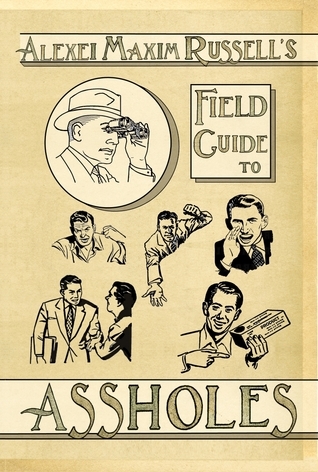
Earth (The Book): A Visitor's Guide to the Human Race
Book Description
Imagine a cosmic tourist guide unraveling the bizarre tapestry of the human experience. "Earth (The Book): A Visitor's Guide to the Human Race" takes readers on a thrilling journey through the quirks, triumphs, and contradictions of humanity. With razor-sharp wit and captivating insights, it dissects our culture, our struggles, and the peculiar ways we interact with one another and our planet. From the absurdities of modern life to the profound questions of existence, this book reveals the true essence of what it means to be human. Are we a magnificent spectacle or simply an intergalactic curiosity?
Quick Book Summary
Earth (The Book): A Visitor's Guide to the Human Race by Jon Stewart is a satirical exploration of humanity written as if it were a guide for extraterrestrial visitors discovering the remnants of the human race. Wielding sharp humor and insightful commentary, Stewart (with his Daily Show team) dissects everything from human biology and culture to politics, religion, and technological advancement. The book playfully mocks human customs and belief systems, using irony and parody to reveal both the genius and foolishness of our species. By presenting human history and behavior through an outsider’s lens, Stewart encourages readers to laugh at their own absurdity while pondering the deeper questions about why we do what we do. In this cosmic send-up, humanity is both celebrated and roasted, making for an entertaining yet thought-provoking examination of our time on Earth.
Summary of Key Ideas
Table of Contents
Satirical Perspective on Human History
Earth (The Book) uses the clever device of a post-apocalyptic field manual crafted for hypothetical alien archaeologists to deconstruct the saga of humanity. Stewart’s satirical approach enables readers to view the human experience from a fresh and hilarious vantage point, where the minutiae of everyday life appear both ridiculous and profound. By framing the book as an explanation for outsiders, the quirks of civilization—our holidays, taboos, and social rituals—are interrogated with irony, highlighting the arbitrary rules we often take for granted.
Examination of Culture and Social Norms
A major focus of the book is on culture and the strange norms that have evolved over millennia. Stewart tackles art, language, gender roles, and social hierarchies, exposing their often illogical and contradictory nature. The commentary extends to education, work, and leisure, suggesting that much of what society holds dear is governed more by custom than by necessity or rationality. These accounts are laced with mock-seriousness, making the familiar seem foreign and, thus, comically absurd.
The Oddities of Human Religion and Belief
Stewart dedicates significant attention to the complex realm of belief systems, particularly the human penchant for religion and mythology. He points out the similarities and differences among the world’s major faiths, poking fun at both grandiose claims and contradictory practices. By describing religious rituals, ethical codes, and cosmological stories with tongue firmly in cheek, Stewart highlights how humans have often sought meaning in the inexplicable, sometimes to the point of folly.
The Influence of Technology and Progress
Technological advancement and its impact on both the planet and human society also receive critical (and comedic) analysis. From the primitive wheel to the digital age, Stewart explores how inventions intended to improve life often bring unintended consequences. He pokes fun at the often-questionable priorities that underlie technological progress, including our pursuit of convenience at the expense of environmental sustainability and communal well-being.
Reflections on Human Legacy and Self-Destruction
Ultimately, the book casts a wry gaze at humanity’s legacy and its tendency toward self-destruction. Stewart uses the trope of the vanished species to examine our environmental recklessness and social conflicts, asking if humans were architects of their own demise or simply a cosmic blip. While the tone remains playful throughout, there is an undercurrent urging reflection—inviting readers to examine their part in the larger human story, and maybe learn to laugh at themselves along the way.
Download This Summary
Get a free PDF of this summary instantly — no email required.





